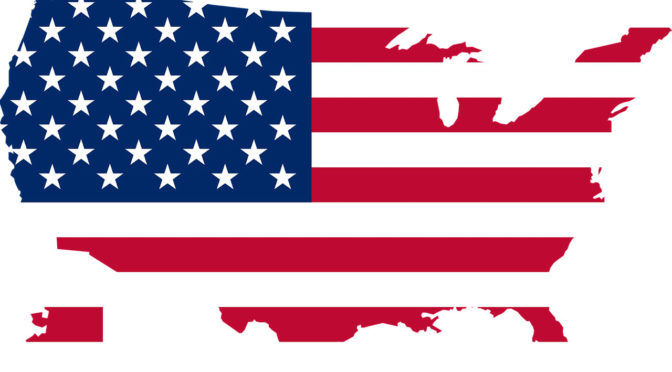Touring requires preparation and organization. One element of touring that demands much of both is border crossing. Crossing a border to work in a foreign country can be nerve-wracking and difficult, if you are not prepared. With thorough preparation you can ensure easy border crossings while on tour.
The first consideration should be work permits. Every foreign artist who performs in the US is required to have a temporary work visa. I highly recommend the P-2 Visa, which can be processed through the Canadian Federation of Musicians (http://www.cfmusicians.org/services/work-
permits). When making your initial entry into the US, you will need to carry the USCIS approval notice (or a copy). If band members are entering the country separately, everyone should have their own copy.
Make sure that all of your travel documents are in order. All passports must be valid at least six months beyond the last performance date. If you do not hold a Canadian or US passport, you will also be required to obtain an Electronic Travel Authorization (eTA) (www.cic.gc.ca/english/visit/eta.asp), to fly into Canada. Other countries require all foreign passports to be valid for a certain number of months from the date of entry or planned exit. Look into the requirements for each country you intend to visit.
If crossing by land, you may need to show vehicle ownership; if travelling by air, you will need to show a return ticket. You may be asked to show proof of accommodation and/or proof that you can support yourself while in a foreign country. If you are a parent travelling with a child, you will need written travel permission from any other guardian or parent.
Also, before traveling, look into any possible issues of criminality. Any prior conviction, however minor, can cause problems at the border and should be dealt with well in advance with either a waiver of ineligibility or a criminal rehabilitation application.
You must also plan for transporting equipment and merchandise. Understand the border restrictions in relation to prohibited goods or substances. If you are travelling with instruments and other gear, consider applying for an ATA Carnet, a document that can minimize hassles and fees at the border (www.chamber.ca/carnet). In the absence of an ATA Carnet, have a complete inventory with you. Whenever possible, include descriptions, serial numbers, purchase dates, and values. Having your gear organized in numbered cases will make it much easier when border officials need to check the gear.
Be aware of restrictions on crossing a border with instruments containing endangered species. There’s no point in risking confiscation of your gear. Check out the Musical Instrument Passport program (www.fws.gov/international/permits/by-activity/musical-instruments.html).
If you are flying, make sure you know the airline’s rules and regulations for transporting instruments. Invest in high-quality cases to protect them from damage.
If you are carrying merchandise, be sure to declare it and make sure it is properly labelled or properly stickered (for promotional copies). Have the invoice of manufacture with you. Keep in mind the option of sending merchandise via courier or mail, or having it manufactured in the country to which you are touring. For large quantities of merchandise, use a customs broker.
Finally, consider your strategy for interacting with border crossing officials. Appearances are important. You need to look and sound like you are a law-abiding citizen, respectful of authority, who poses absolutely no risk. Turn off the radio or iPad, remove ear buds and sunglasses. If crossing by land, your vehicle should reflect this as well—neat and clean. Rehearse straightforward answers to typical questions you might be asked by officials. Coach everyone in your group to be honest and forthright, and to answer questions succinctly without volunteering additional information.
With sufficient knowledge and preparation, border crossing can be simple.
Robert Baird is President of Baird Artists Management Consulting and an expert in international touring. Involved in the performing arts for more than 50 years, he was president of NAPAMA, and Treasurer of FEO. He is currently president of OAPN and APAP Showcase Coordinator. Contact him at robert@bairdartists.com.




